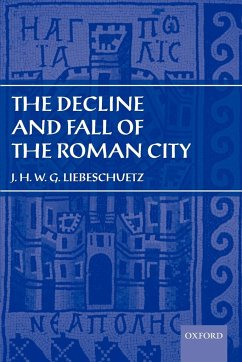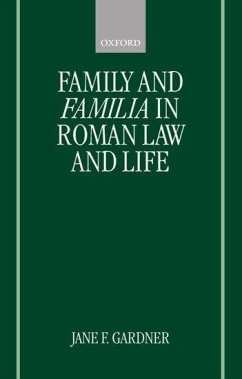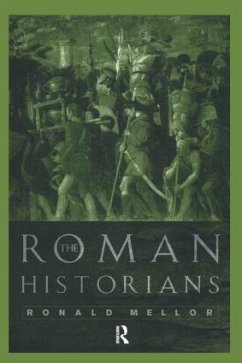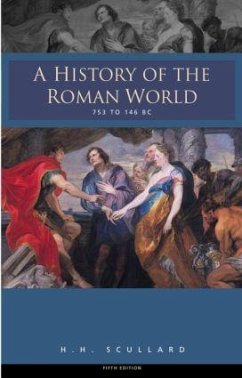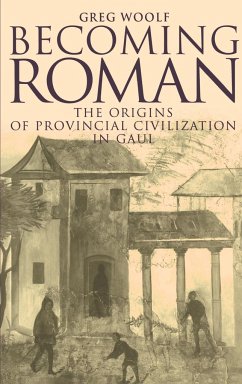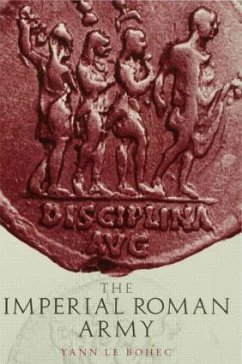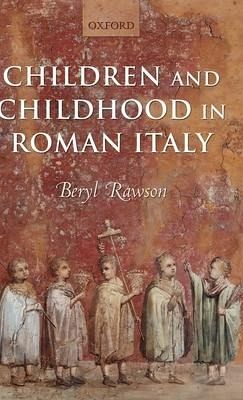
Children and Childhood in Roman Italy

PAYBACK Punkte
120 °P sammeln!
Concepts of childhood and the treatment of children are often used as a barometer of society's humanity, values, and priorities. "Children and Childhood in Roman Italy" argues that in Roman society children were, in principle and often in practice, welcome, valued and visible. There is no evidence directly from children themselves, but we can reconstruct attitudes to them, and their own experiences, from a wide variety of material - art and architecture, artefacts, funerary dedications, Roman law, literature, and public and private ritual. There are distinctively Roman aspects to the treatment of children and to children's experiences. Education at many levels was important. The commemoration of children who died young has no parallel, in earlier or later societies, before the twentieth century. This study builds on the dynamic work on the Roman family that has been developing in recent decades. Its focus on the period between the first century BCE and the early third century CE provides a context for new work being done on early Christian societies, especially in Rome.
Images of children in Roman society abound: an infant's first bath, learning to walk, playing with pets and toys, going to school, and--all too often--dying prematurely. Children and Childhood in Roman Italy argues that in Roman society children were, in principle and often in practice, welcome, valued and visible. This study builds on the dynamic work on the Roman family that has been developing in recent decades. Its focus on the period between the first century BCE and the early third century CE provides a context for new work being done on early Christian societies, especially in Rome.





